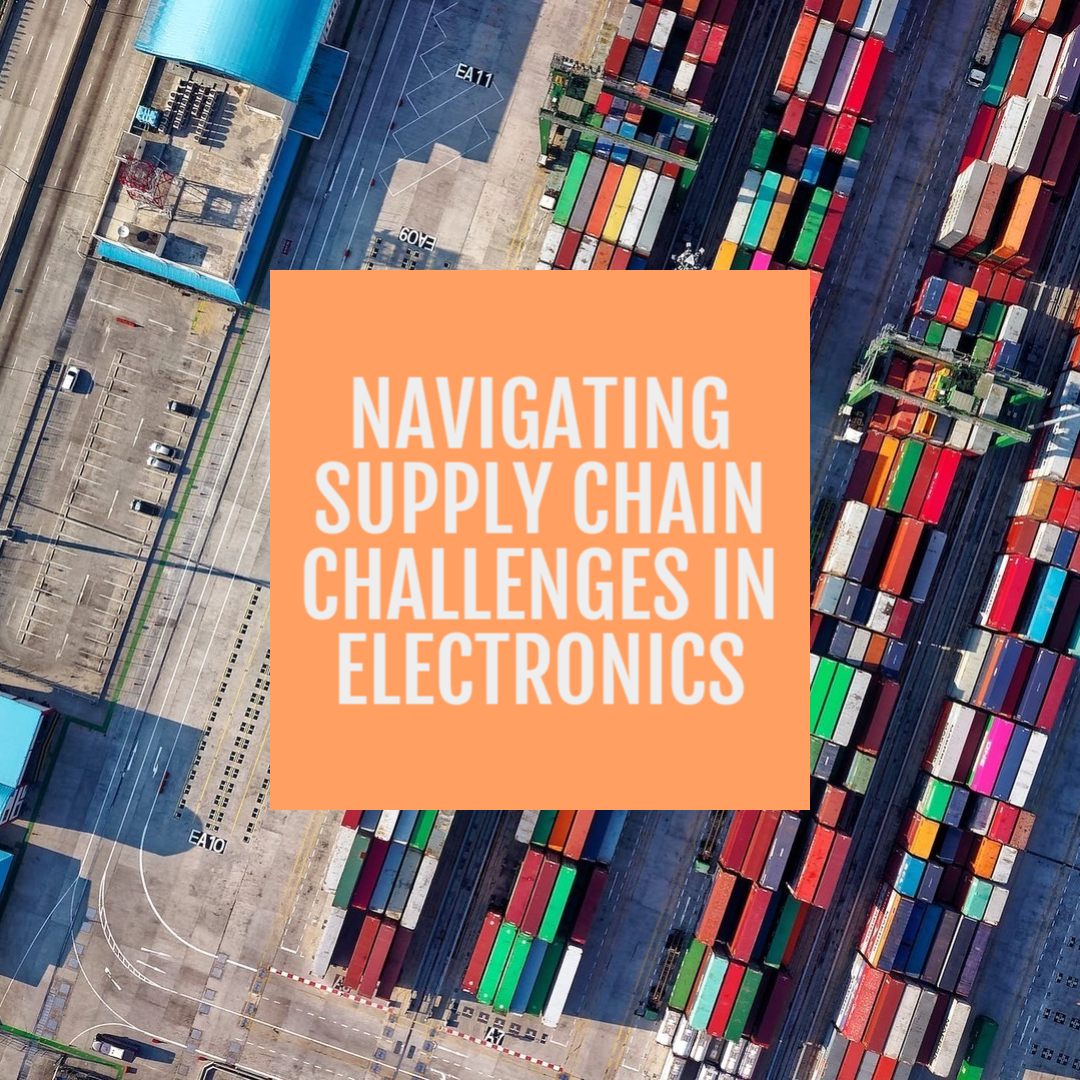In the dynamic world of electronics manufacturing, a streamlined and resilient supply chain is imperative for success. However, the industry faces an array of challenges, from global disruptions to a growing demand for specialized components. In this blog, we’ll delve into the key challenges encountered by electronics manufacturers in their supply chains and explore strategies for effectively managing these obstacles.
Understanding the Supply Chain Challenges
1. Global Disruptions : The supply chain of electronics manufacturing is highly globalized, rendering it susceptible to disruptions such as natural disasters, political instability, and, more recently, global health crises. These disruptions can disrupt the flow of essential components and materials.
2. Supply Chain Complexity : Electronics manufacturing often entails intricate supply chains with numerous suppliers and dependencies. Coordinating these components and ensuring timely deliveries can be a logistical challenge.
3. Demand Volatility : The industry is renowned for its rapid technological advancements and short product lifecycles. Forecasting demand accurately can be challenging, resulting in overstocking or shortages.
4. Component Shortages : Electronics components, especially specialized ones, can face shortages due to high demand, supply chain interruptions, or geopolitical factors. These shortages can delay production and increase costs.
5. Quality Assurance : Upholding quality standards across a diverse supply chain is vital. Subpar components can lead to production delays, costly rework, or even product recalls.
Strategies for Managing Supply Chain Disruptions
1. Diversify Suppliers : Mitigate risk by diversifying your supplier base, reducing dependency on a single supplier.
2. Supply Chain Visibility : Implement advanced supply chain management systems, providing real-time visibility into your supply chain for proactive decision-making and risk mitigation.
3. Collaborative Forecasting : Collaborate closely with key suppliers, sharing demand forecasts and market insights to help them plan production for a stable supply.
4. Safety Stock : Maintain safety stock of critical components to bridge supply chain gaps during unexpected shortages or delays.
5. Risk Assessment : Continually assess supply chain risks and develop contingency plans, identifying alternative suppliers and logistics routes.
6. Supplier Relationships : Foster strong, long-term relationships with key suppliers, enhancing collaboration during disruptions and securing priority access to components.
7. Quality Control : Enforce stringent quality control measures to ensure component reliability, preventing production delays.
8. Inventory Optimization : Use data analytics to optimize inventory levels, striking a balance between meeting demand and avoiding overstocking.
9. Resilient Logistics : Diversify logistics providers and routes to minimize transportation disruptions, leveraging real-time tracking technology for enhanced responsiveness.
10. Adaptability and Innovation : Stay agile and open to adopting new technologies and practices, such as blockchain for supply chain transparency and AI-driven forecasting to bolster resilience.
Navigating supply chain challenges in electronics manufacturing is an ongoing process that demands proactive planning, collaboration, and adaptability. By implementing these strategies, electronics manufacturers like Cygnus Electronics can effectively manage disruptions, ensuring a steady supply of components and maintaining their competitive edge in a rapidly evolving industry.




